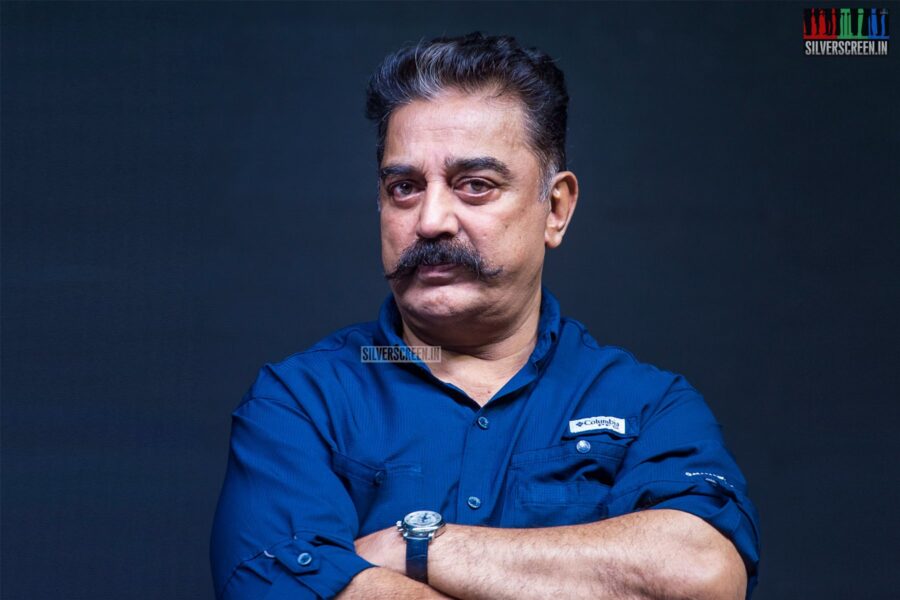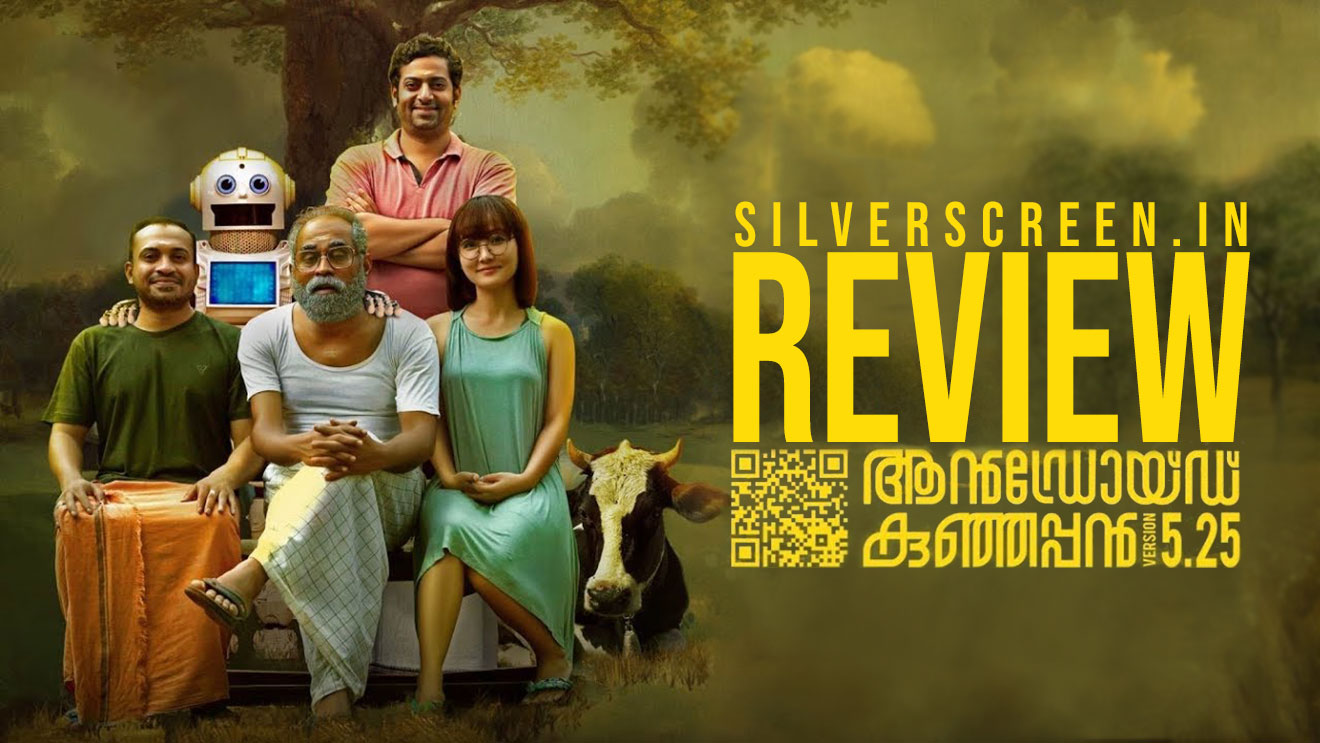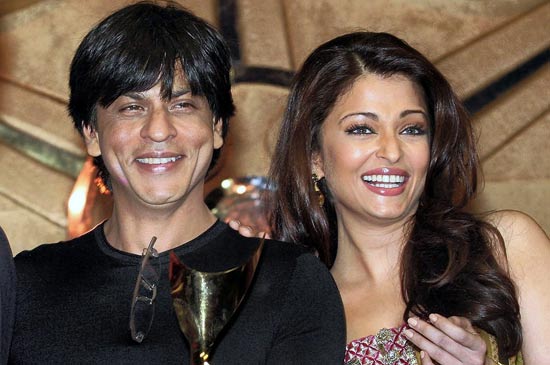Kamal Haasan as an artiste can give almost anyone aspiring to become one, serious complex. For he has been one for 60 years of his life (he’s 64 today). The most admirable thing about Kamal, though, is not that he can dabble in so many things with more success than most people can in a lifetime — write, sing, dance, perform, direct, act, choreograph, do makeup — it is the consistency with which he’s done it all. How he has shown up (and showing up they say is the most important and difficult part of being an artiste) for 60 years. That’s a lifetime of showing up. No wonder then that he has such a wonderful showreel that encompasses as much of who he is as what his art is.
What better way to watch this showreel unfold than in true Indian cinema and in a sense, Kamal style, with songs? Here’s a list of songs from an esteemed career that we think captures something unique about Kamal Haasan, the artist, in his early years, on his way to becoming the biggest icon of Indian cinema.
Ammavum Neeye, Appavum Neeye
In his very first screen avatar, here he is as Selvam. Showing considerable restraint and command over his act, even as a child artiste. Notice how with each stanza his expressions change.
Kadavul Amaithu Vaitha Medai
Kamal plays the endearing fool in love, the tramp, in this song, and some of his Chaplin-inspired moments continued for long after Aval Oru Thodarkathai.
Aatu Kutti
There was something larger-than-life about this song in 16 Vayathinile. Kamal was already on his way to being a powerhouse, known for the humongous body of work he was a part of by the time this film released in 1977. But what’s remarkable is how he stands as the antithesis of the toxic masculine energy you were expected to root for in cinema just then.
Bhale Bhale Mogadivoy
Can’t help but smile and maybe even maybe swing and sway… From the iconic Maro Charitra, this song is the coming together of the best of 70s — MS Viswanathan, LR Easwari, SP Balasubramaniam, Kamal Haasan, Sarita and of course, K Balchander.
Ore Naal Unai Naan
It was said that the All India Radio’s Tamil stations did not shut shop for the day without at least once playing this Yesudas-Vani Jayaram song, featuring Kamal and Sripriya from Ilamai Oonjaladugirathy. We also like how it transitions from the radio to the screen, his kitschy red outfit and the genteel, oldworldly vibe…
Sagarame Santhamaka Nee
How can a list of Kamal’s early songs not feature this absolutely gorgeous melody from Madanolsavam? With music by Salil Choudhary, sung by K J Yesudas it features a simple video, showcasing how un-star like, regular Kamal could be, if needed to be.
Sippi Irukkuthu Muthum Irukkuthu
It is sheer magic when Kamal-Sridevi-SPB-Janaki-MSV-Balachander-Kannadasan collaborate. How can it not be, with each of them competing to show us just why the silverscreen is such a powerful, magical medium.
Anthi Mazhai
The beats of the mridangam and strains of violins, in this Ilairayaja composition from Singeetham Sreenivasa Rao’s Raja Paarvai, complement Kamal Haasan and Madhavi’s on-screen chemistry. The visuals combine the indie vibe and grace of an art film with the star power of Tamil cinema.
Tere Mere Beech Mein
In both, Indian cinema’s history and Kamal’s own journey this is an important film that bridged what we call North-South sensibilities. There’s been nothing like Ek Duuje Ke Liye since and the song continues to be present in our collective imagination, presenting an alternative that’s somewhat more palatable, to Kashmir Tu Mein Kanyakumari.
Aye Zindagi Gale Lagale
While Kanna Kalaimane from Moondram Pirai is very special, Suresh Wadkar’s Aye Zindagi Gale Lalgele is Ilaiyaraaja’s most magical composition from Sadma. The ‘dard’ (pain) in Wadkar’s voice captures the underlying pathos of the film. A strain of which is seen in Kamal Haasan’s eyes through the film.



